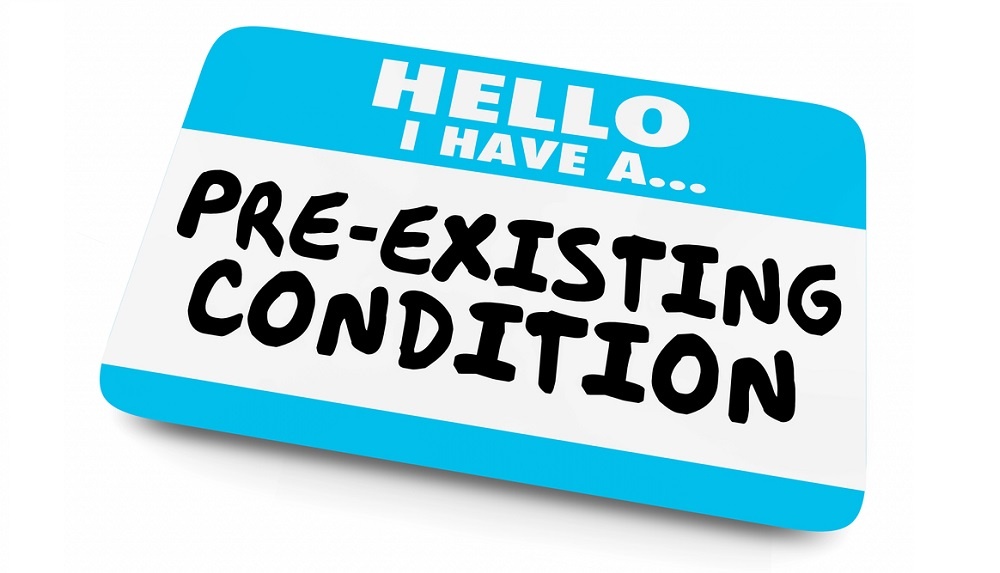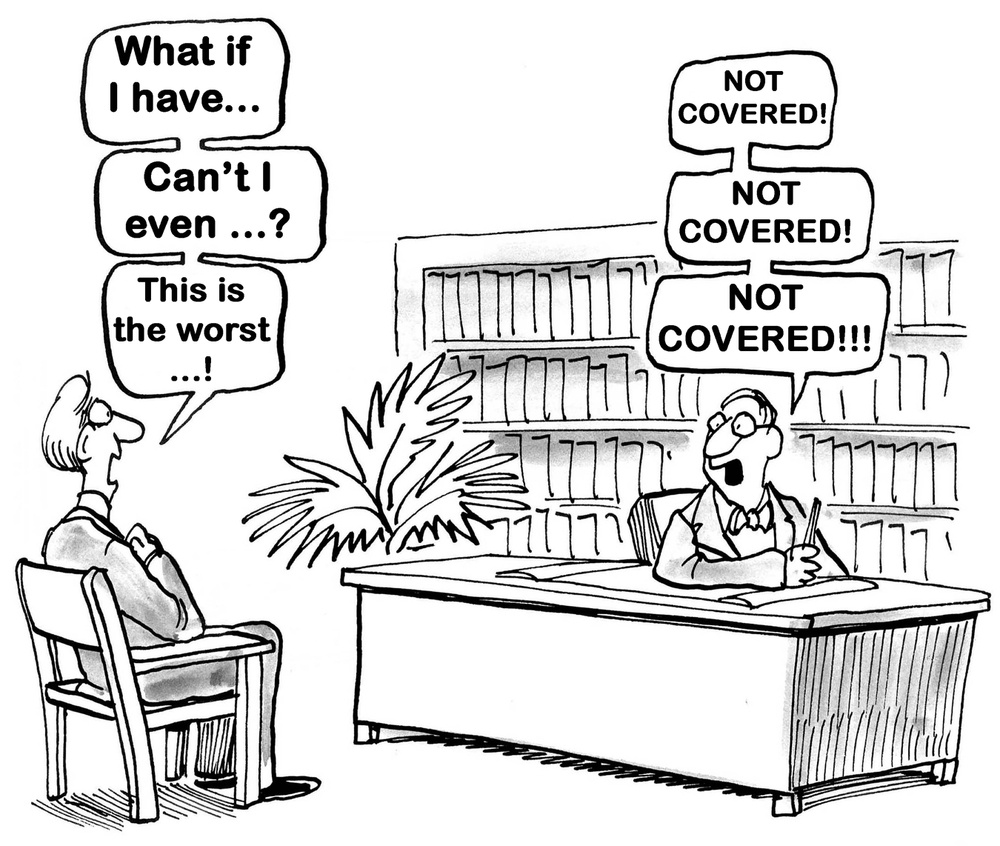
How A Pre-Existing Condition Can Impact Your Personal Injury Claim
When another person’s negligence leads to a life-changing accident, you deserve compensation for your medical bills and time off work. But what if you have a pre existing condition?
But if you already have an existing injury or illness, you may worry about how these will affect your claim. Some people may decide not to pursue a claim at all, since they assume that getting a settlement will be too hard or the amount will be too small. But that could be a personal injury myth.
Under Rhode Island law, it’s 100% possible to get a settlement from a personal injury claim involving pre-existing conditions. Learn more below, and discover a team of Rhode Island personal injury lawyers that can help you get the most out of your case.
What are pre-existing conditions?
In the insurance world, a “pre-existing condition” refers to any medical problems you had before your coverage started. In terms of personal insurance claims, pre-existing conditions generally refer to any health conditions or injuries you already had before the incident occurred.
If you have a prior injury, you might experience complications or need more intensive treatment after a traumatic incident. For example, if you have a bad back due to a sports injury, a car accident might reawaken your pain and leave you in need of surgery or physical therapy.
What is considered a pre-existing condition in a personal injury case?
The full range of what can count as a pre-existing injury or condition varies, depending on the incident in question. For instance, asthma may not make a difference when you’re pursuing a claim for a car accident, but it can come into play if you’re suing for mold exposure.
With that in mind, common pre existing conditions examples that might impact a personal injury case can include the following.
- Osteoporosis
- Herniated discs
- Degenerative disc disease
- Arthritis
- Fibromyalgia
- Scoliosis
- Prior surgeries, like knee replacements
- Existing fractures, sprains, or other injuries
Can you still file a personal injury claim with a pre-existing condition?
Yes! Some people may assume that a pre-existing injury would exclude them from receiving a fair claim after an incident like a car crash. But that’s not necessarily true in Rhode Island.
In many cases, it’s possible to get compensation for your medical bills under a principle called the “eggshell skull rule.”
What is the eggshell skull rule?
The eggshell skull rule is a legal doctrine stating that the negligent party is responsible for all the damages they cause, even if the other person has a pre-existing condition that makes their injuries more severe.
For example, if your skull was naturally thin (like an eggshell) due to a medical condition, you might suffer more intense head injuries in a car accident. Under the eggshell rule, the person who causes the accident would still be liable for your medical bills, even though you need more extensive treatment than someone without your medical background.
The rule doesn’t hold the negligent party responsible for pre existing conditions that aren’t related to your personal injury claim. For example, if you already had a knee injury but suffered a back injury in a car accident, your pre existing injury settlement wouldn’t cover ongoing care for your knee injury since the accident didn’t make it worse. You must be able to link your medical issues and damages directly to the incident.
What damages can I recover from a personal injury claim?
With the eggshell skull rule in mind, some of the damages you could recover from a personal injury claim with a pre-existing injury include:
- Any accident-related treatments, like physical therapy or surgery
- Medical bills that result from exacerbating your pre-existing condition
- Lost wages from time off work
- Property damages, like compensation for a totaled car or diminished value
- Non-economic damages, like pain and suffering
Do pre-existing conditions affect workers’ compensation?
Yes. The thin skull rule can also apply to worker’s compensation claims. But again, your injury must be related to the worker’s compensation claim in question: You can’t get compensation for an unrelated pre-existing injury. Check out our blog for more information on worker’s comp claims in Rhode Island.
How negotiating a personal injury settlement with a pre existing condition?
Unfortunately, just because you’re legally entitled to compensation, that doesn’t mean an insurance company will freely give it: Their main obligation is to preserve their profits.
To protect their bottom line, an insurance company may attempt to say that your worsening medical issues are unrelated to your injury. Or, they might make a lowball offer. But you don’t need to accept less than you deserve when negotiating a personal injury settlement.
If you haven’t already, recruiting a personal lawyer is important. A lawyer can help you understand exactly what your claim is worth and will negotiate on your behalf to reach a fair settlement. They understand the tricks and tactics that insurance companies often use, allowing them to successfully counter and maximize your chances of a settlement.
A Rhode Island personal injury lawyer for your case
If you need to get the most out of a personal injury claim that involves a pre-existing injury, trust the lawyers at Petrarca Law.
We fight aggressively on behalf of our clients. We’ll pursue the full amount that you’re entitled to under the law. So, you can increase your chances of getting a settlement you can feel good about. You don’t need to gather paperwork, file claims, or navigate a legal labyrinth on your own. Instead, you can put all your time and energy into healing and getting on with your life.
Contact us today to tell us more about your case.

